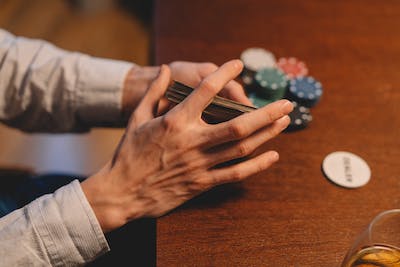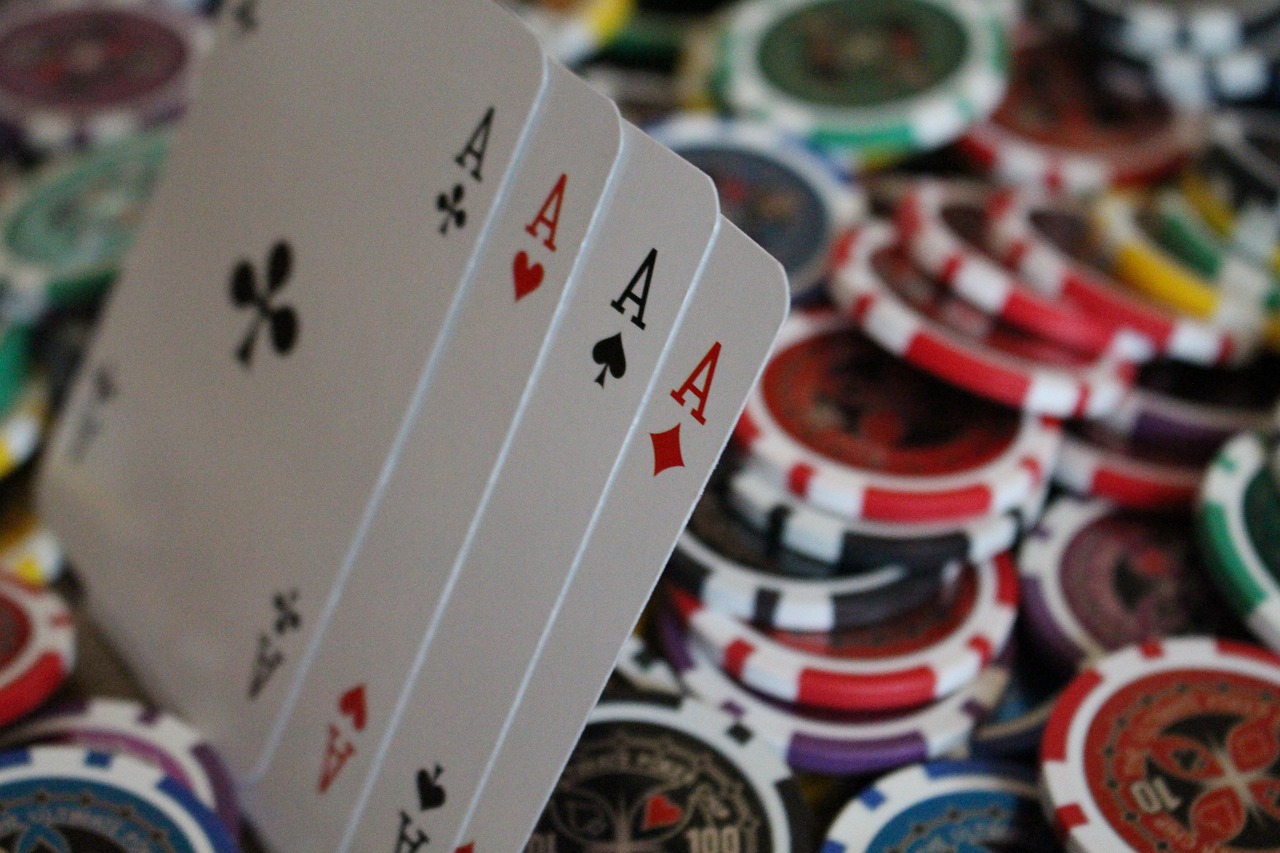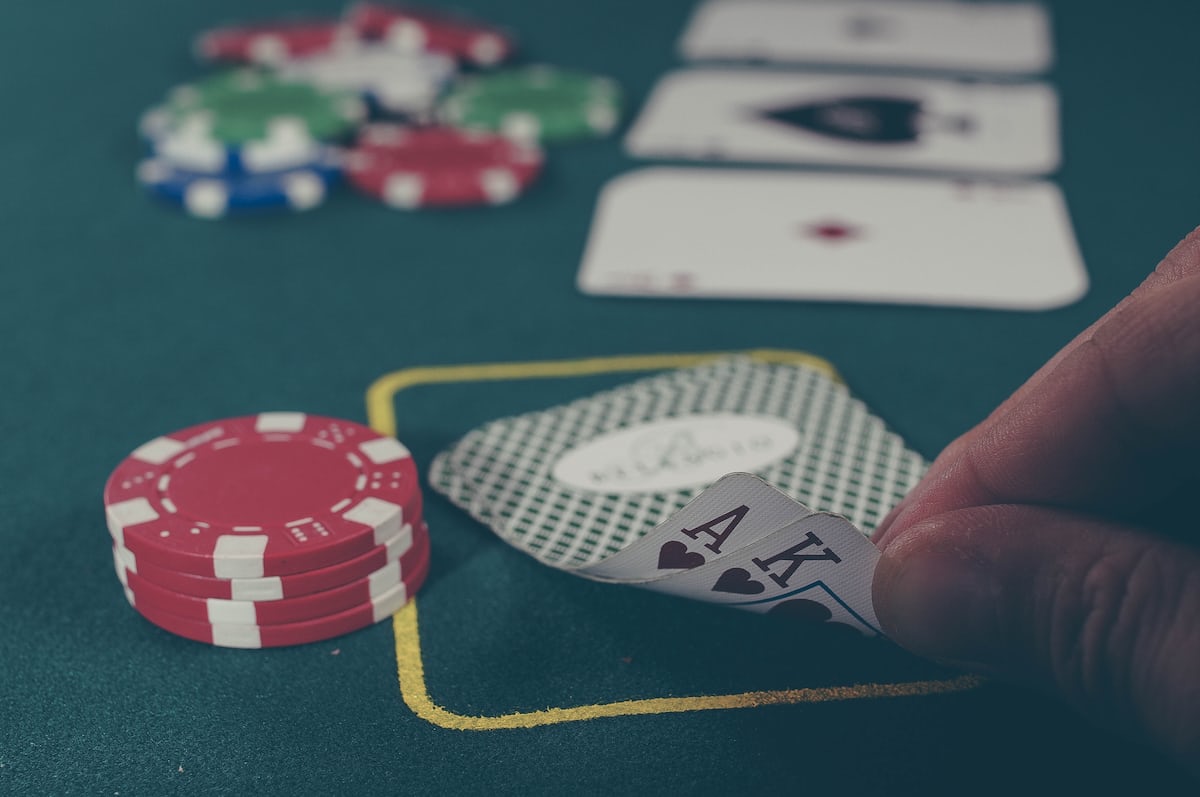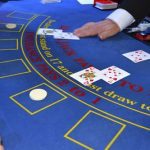
If you want to increase your poker skills and take your game up a notch, then learning how to bluff is essential. But before you can start bluffing, you first need to understand when and why it’s effective. In this blog post, we’ll break down the basics of bluffing and provide tips on using this strategy effectively to win more hands. So read on for everything you need to know about bluffing in poker.

What is bluffing, and why do players use it in poker games?
Bluffing is an essential part of any poker game and even when playing poker online. This allows players to claim a victory even when they don’t have the best cards. Bluffing is when a player pretends their hand is stronger than it is to convince their opponents to fold and end the round.
Professional players understand that bluffs are powerful strategic tools that can be used against opponents at the table. Bluffing can also enable players to win additional pots by representing hands or having a range of hands that could not be seen from the available cards on the poker table.
In essence, bluffers can make their opponents believe they have a good hand even when they don’t by making bets, thus creating intelligence about what sorts of hands their opponents may be playing.
How should you bluff – what are the key factors to consider when executing a bluff successfully?
When attempting a bluff in a poker game, the most critical factor is to thoroughly consider your options before making a move. Before you bluff, ask yourself if any other moves could productively use your chip stack and ultimately increase your chances of winning. Additionally, it’s critical to appear confident — this means using bold language and maintaining a steady focus on the table.
Consider the number of poker chips you have and how much risk you can reasonably take at any given moment to optimize your play. Lastly, track your opponents carefully throughout the game to get an idea of their betting patterns; this information will provide helpful insight when deciding whether or not a bluff is worth attempting.
When bluffs are done strategically and skillfully, it can pay off for the player. Executing successful bluffs is an intricate process; however, with proper planning and intuition, it is possible to have success playing poker through carefully timed bluffs.

What common mistakes are made when bluffing, and how can you avoid them?
Bluffing is an essential poker strategy, but unfortunately, it can backfire if done improperly. One of the most common mistakes when bluffing is not considering other players’ reactions. For instance, if you over-bluff in the wrong game with a table of nitty players, your bluffs are more likely to get picked off and lead to a lost pot. Also, dropping too many minor bluffs can become costly and quickly deplete your chip stack.
Another common mistake is timing your bluffs poorly, an opponent hitting a big hand, or drawing to one. Right after you’ve put chips in the pot is one of the most challenging social spots in poker, so it’s vital to be aware of opponents’ tendencies before making such a move.
To avoid these mistakes when playing poker, it’s important to recognize patterns or trends at the table that could negatively affect your bluffing attempts, understand how aggressively each opponent plays, and study their betting patterns carefully.
When is the best time to bluff – what situations present the most opportunities for successful bluffs?
The best time to bluff in an online poker game is when you remain concealed from your opponents’ hands. Although betting patterns and consistent raises can give away information about your hand, there are a few situations in which a successful bluff is more likely to take place.
For example, when the cards on the table make it highly unlikely that any of your opponents have a good hand, such as during post-flop play late in the game when many players have already folded out, this creates an ideal opportunity to bluff your opponents successfully.
Additionally, if you happen to possess positional advantage – meaning you get to act last before the flop or on later streets – you can determine whether or not your opponents are bluffing before making your move, giving yourself an edge in potentially successful bluffing endeavors.
How can you tell if your opponent is bluffing, and what should you do if that’s the case?
Recognizing when an opponent is bluffing in poker requires keen observation, from their posture to the expressions on their face. Though sorting out tells can be tricky, you can start by looking at how they behave when betting. Aggressive behavior and excessive betting are signs that someone is trying to take control of the hand. Another telltale sign would be if one bets high on weak cards; this could be a sign that they don’t have any winning cards.
When confronted with a potential bluff, it’s best to stay calm and consider the odds before making your decision. It’s important to remember that staying patient is vital, as it can help you identify bluffs more accurately and avoid losing too much money in the process.
What are some general tips for playing poker successfully and minimizing the chances of being bluffed yourself?
When playing free poker, the key to success is your mental game. It’s essential to maintain a calm and level-headed attitude. Ensure to avoid getting too aggressive or defensive when dealing with bluffs to stay in control of the situation. Patience will serve you well – don’t be afraid to take a few risks, but make sure those risks are calculated investments.
To avoid being bluffed yourself, pay careful attention to other players’ betting habits and observe how they approach difficult hands. Your opponents can tell a lot about what type of cards they have by their betting patterns, timing, and demeanor – if you can pick up on these signs, you’ll be at an advantage.
Different players have different styles, but if you can master bluffing, you’ll be well on your way to success at the poker table. Remember that not all situations call for a bluff – sometimes, the best move is to play it safe and fold. But once you’ve got a handle on when to bluff and how to do it effectively, you’ll be raking in the winnings in no time when you play online poker.
 Skip to content
Skip to content





